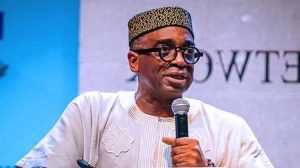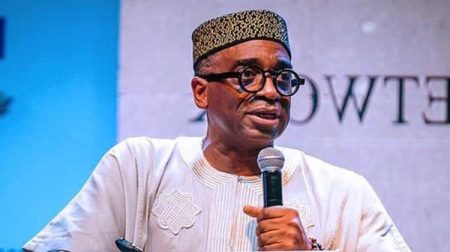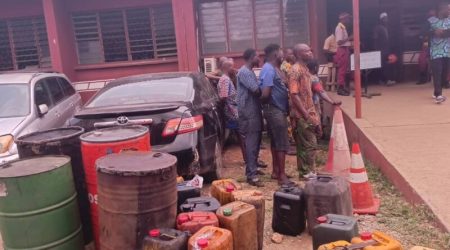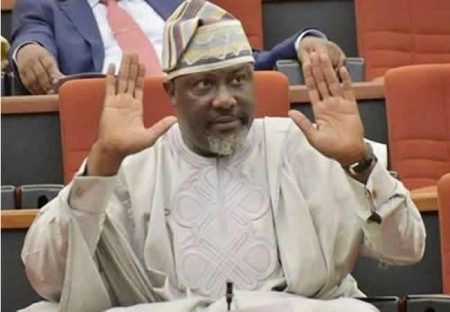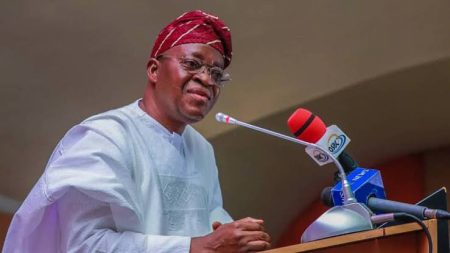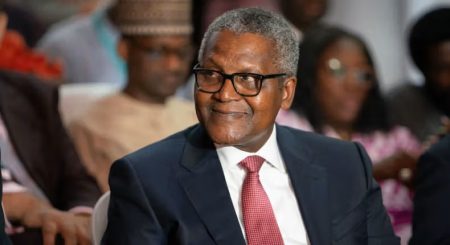The Lagos State Government has affirmed its commitment to collaborate with China on the Lekki Low-Carbon Demonstration Zone Project, a groundbreaking initiative spearheaded by the China-Nigeria Low-Carbon Demonstration initiative (Nextier). This ambitious project seeks to significantly curb carbon emissions within Lagos State, aligning seamlessly with the state’s broader environmental goals and policy frameworks. The partnership promises to be a pivotal step towards achieving a sustainable and eco-friendly future for Lagos, setting a precedent for other regions in Nigeria and across Africa. The chosen location, Lekki, a rapidly developing area of Lagos, stands to benefit immensely from this transformative project, showcasing the potential for economic growth and environmental sustainability to go hand-in-hand. The project’s multifaceted approach underscores the importance of international collaboration in tackling global climate change.
The Lekki Low-Carbon Demonstration Zone Project represents a tangible manifestation of Lagos State’s dedication to climate action. The state has already taken significant strides in this direction, as evidenced by the Lagos Climate Adaptation Resilience Action Plan, a comprehensive roadmap unveiled during the Lagos International Climate Change Summit in 2023. This plan outlines the state’s strategic approach to mitigating the impacts of climate change and building resilience within its communities. The collaboration with China on the Lekki project further solidifies the state’s commitment to addressing climate change head-on, recognizing the urgency and importance of transitioning towards a low-carbon economy. The project’s focus on reducing emissions aligns perfectly with the state’s broader environmental objectives and reinforces its proactive stance in combating climate change.
The potential benefits of the Lekki Low-Carbon Demonstration Zone Project extend far beyond simply reducing carbon emissions. By addressing the root causes of air pollution, the project aims to improve public health outcomes by mitigating the prevalence of airborne diseases. This, in turn, contributes to a healthier and more productive workforce, bolstering the state’s overall economic prosperity. Furthermore, the project’s emphasis on clean energy accessibility will not only diversify the state’s energy mix but also stimulate job creation in the burgeoning renewable energy sector. This multifaceted approach demonstrates the project’s capacity to generate positive ripple effects throughout the local economy, fostering sustainable development while simultaneously addressing critical environmental challenges.
The strategic meeting between the Lagos State Commissioner for Environment and Water Resources, Tokunbo Wahab, and the Nextier team underscored the mutual commitment of both parties to the project’s success. Commissioner Wahab expressed his enthusiasm for the partnership, highlighting its alignment with the state’s climate ambitions. He emphasized the significance of the project in driving climate-positive growth and reiterated the state’s unwavering support. This commitment was further reinforced by his assurance that the ministry would provide the necessary resources, including data, human capital, and financial backing, to ensure the project’s smooth implementation and ultimate success. This collaborative spirit sets the stage for a fruitful partnership and underscores the shared vision of creating a sustainable and resilient future for Lagos.
The involvement of the Director of the National Council on Climate Change, Michael Ivenso, further solidifies the project’s national importance. Ivenso emphasized the strategic nature of the collaboration between China and Nigeria, highlighting its potential to catalyze private sector participation. He lauded Lagos State for providing an enabling environment conducive to private sector investment and innovation, thereby encouraging increased participation in the project. This emphasis on private sector engagement underscores the project’s potential to become a model for public-private partnerships in driving sustainable development initiatives. The combined efforts of government and private sector actors are crucial for realizing the project’s full potential and maximizing its impact.
The Lekki Low-Carbon Demonstration Zone Project represents a significant milestone in Nigeria’s journey towards a sustainable future. By embracing innovative solutions and fostering international collaborations, Lagos State is demonstrating its leadership in tackling the challenges of climate change. The project’s multifaceted approach, encompassing emission reduction, public health improvements, clean energy accessibility, and job creation, positions it as a beacon of sustainable development. The commitment of both the Lagos State Government and the Chinese partners, coupled with the potential for private sector engagement, sets the stage for a transformative initiative that could serve as a model for other regions in Africa and beyond. The project’s success promises to not only benefit Lagos State but also contribute to the global effort in mitigating the impacts of climate change.




